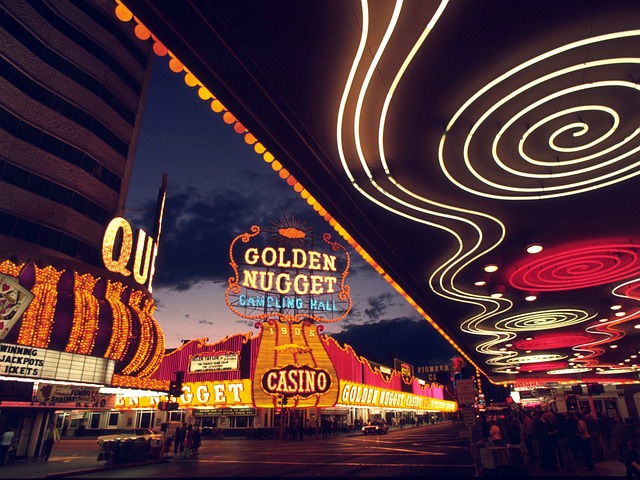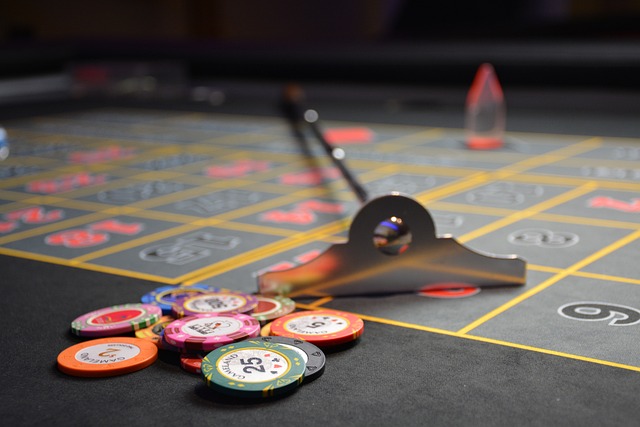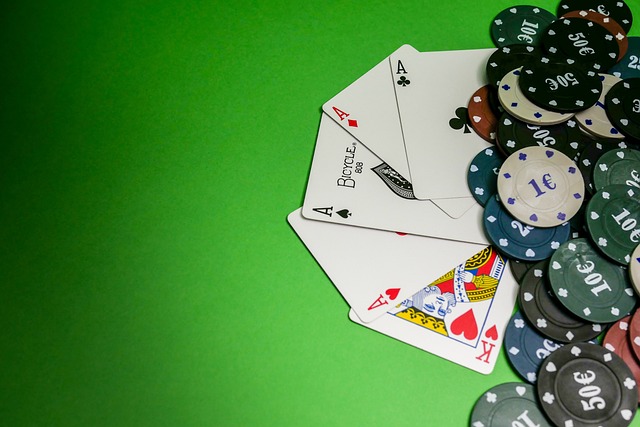Literature about casinos and gambling transcends borders. Captivating readers worldwide with tales of chance, strategy, and the human condition. Yet, in certain countries, this genre holds a particularly special place. Weaving through the cultural fabric and reflecting societal attitudes towards gambling. Let’s explore where casino and gambling literature thrives. And uncover the reasons behind Bizzo Casino popularity.
United States: The Dream of the Big Win
In the United States, the allure of casinos and gambling is a huge part of the literature. Mirroring the nation’s fascination with the “American Dream.” From the glittering lights of Las Vegas to the Mississippi riverboat casinos. Gambling has been a backdrop for stories. Like about ambition, risk, and the pursuit of happiness. Classic works like Hunter S. Thompson’s “Fear and Loathing in Las Vegas” capture the thrill and despair of gambling. Resonating with readers drawn to the idea of beating the odds.
Russia: A Mirror to Society
Russian literature offers a profound exploration of gambling. Often as a metaphor for the human struggle and moral dilemmas. Fyodor Dostoevsky’s “The Gambler” delves deep into the psychology of addiction. Reflecting the author’s personal gambling experiences. The popularity of gambling narratives in Russian literature speaks about fate. But also of chance, and the existential quest for meaning. Resonating with readers who appreciate the depth and complexity of the human psyche.
United Kingdom: A Tradition of Wagers and Whims

The UK’s betting culture, from horse racing to card games, is well represented in its literature. The gambling spirit is encapsulated in stories of gentlemanly bets and high-stakes adventures. Such as Ian Fleming’s James Bond novels, where the suave spy often finds himself at the casino table. This tradition highlights the British fascination with luck. But also with strategy, and the stiff upper lip in the face of risk. Offering readers escapism and the thrill of the gamble through the safety of the page.
China: The Luck of the Draw
Gambling is a recurrent theme in Chinese literature. Reflecting its historical and cultural significance. Tales of mahjong games and betting houses feature in both classic and contemporary works, symbolizing themes of fate, fortune, and social dynamics. The popularity of gambling literature in China underscores the societal ambivalence towards gambling. A blend of traditional caution and the enticement of chance.
Italy: A Game of Fate and Passion

Italian literature often portrays gambling as a metaphor for love, life, and destiny. The country’s history with baccarat and other games of chance is depicted in tales. They blend romance with the unpredictability of gambling. Such as Giacomo Casanova’s memoirs, which narrate his exploits and adventures in European gambling salons. This intertwining of gambling with the fervor of life appeals to readers drawn to stories of passion and the caprices of fate.
WHY THESE NARRATIVES RESONATE
The global popularity of casino and gambling literature lies in its universal themes. The allure of the unknown, the thrill of risk, and the examination of human nature. These stories offer more than just tales of wins and losses. They delve into the essence of decision-making, the allure of fortune, and the moral quandaries faced by individuals. They reflect cultural attitudes towards gambling. From cautionary tales to celebrations of cunning and luck. Providing readers with a rich tapestry of human experiences and emotions.
Casino and gambling literature enjoys worldwide popularity. Revealing much about cultural attitudes toward risk, reward, and the human condition. From the American dream of striking it rich to the Russian introspection on fate and morality. These narratives captivate readers with their deep exploration of life’s gambles. Whether through the thrill of the win or the drama of the loss, gambling literature remains a compelling genre. It continues to draw readers into its complex, risk-filled worlds.



